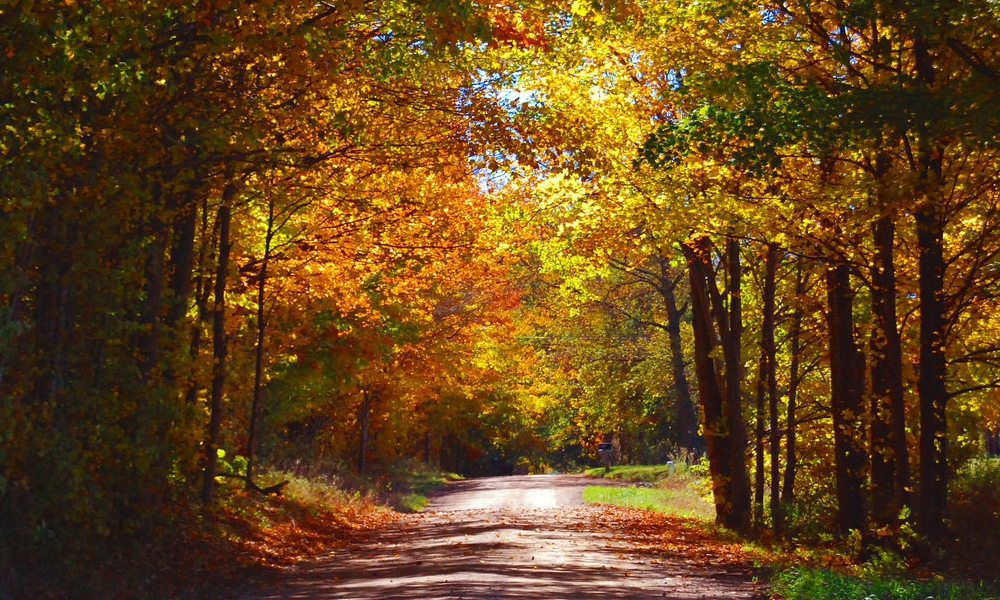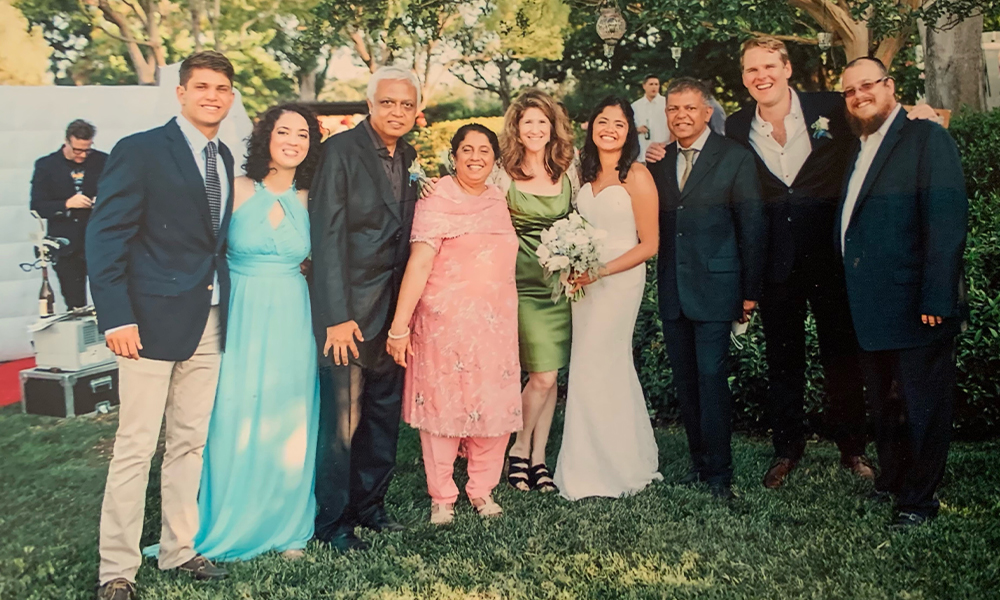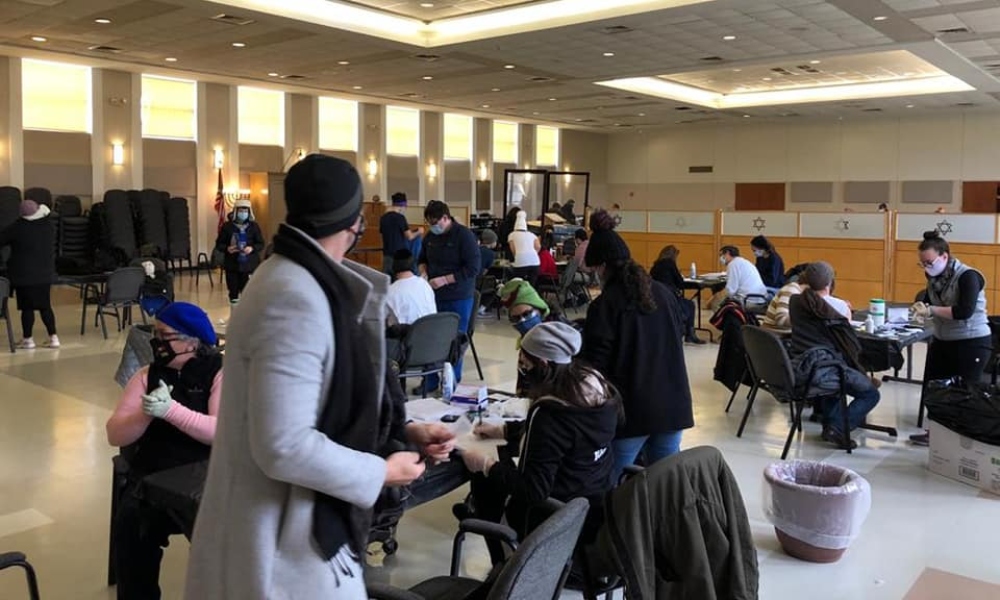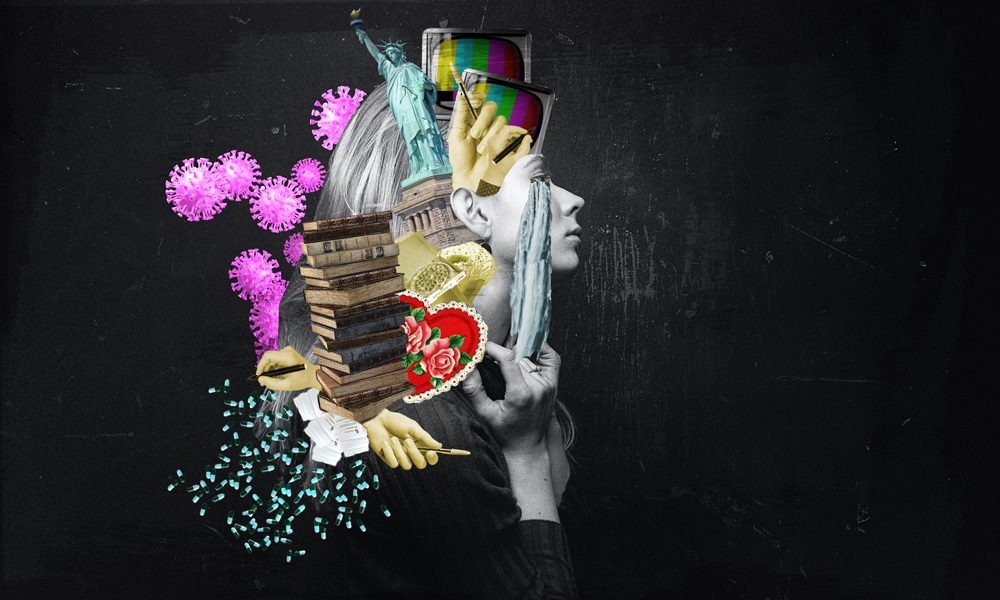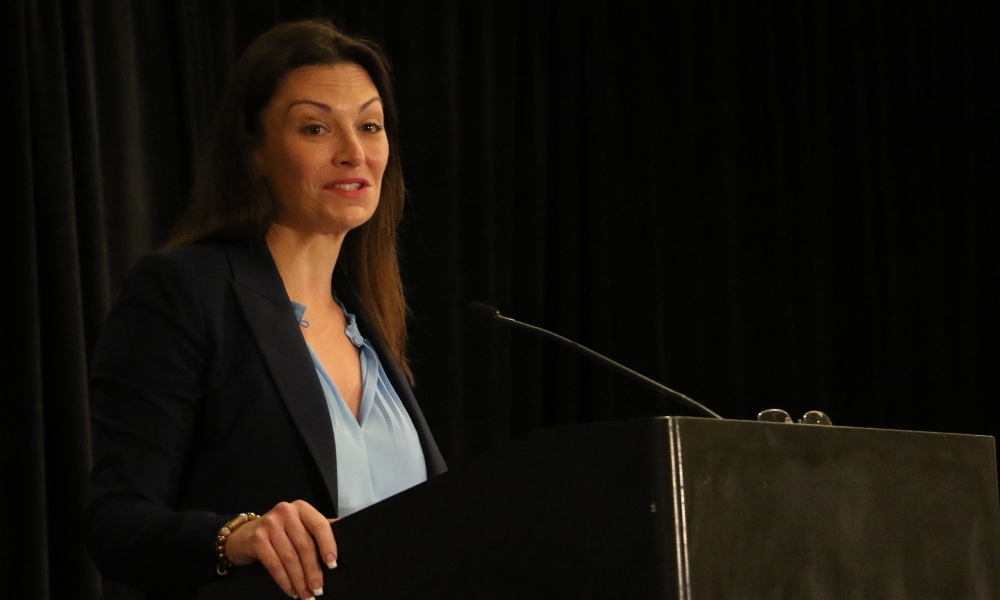Ten years ago when I moved from downtown Houston to rural West Michigan, I never thought I’d call it home. Many of my city friends agreed. They phoned me full of concern: “Are you crazy?” one shouted. I am a modern practicing Jew, a proud progressive, and an academic. Surely this move was a mistake.
That experience—being told, more or less, that living in rural America is wacky—is one I’ve had too many times to count. But that was pre-pandemic. Now, as COVID-19 shadows every aspect of our daily lives and we are told by disease experts that this is just the beginning of a very long process, those same friends are reaching out again. One lamented on Facebook: “Tried to take my son to a trail outside LA. It was busier than an amusement park.” Another texted me out of the blue: “Wish I were there. Not here.”
As someone who grew up in one of the most populated cities in America, I can’t help but wonder how this will play out in the long run: as many of us master the art of working from home, how will the pandemic change where we choose to live?
Here’s an uneasy fact for our times: 60 percent of Americans live on only 3.5 percent of the U.S. landmass. If you add the suburbs and exurbs with their own high population densities, that number increases to 96.5 percent of our national population. We are a thoroughly urbanized nation, and for Jews, this is especially true.
According to research done at Rice University, my first home of Houston is now the most racially and ethnically diverse major city in America. This highlights urban living’s greatest benefit: if you are part of a minority population, cities mean other people who speak, look, pray and express themselves as you do. When I visit Chicago, signs of Jewish life emerge at every corner. There’s Manny’s Deli, the Chicago Loop Synagogue, mezuzahs on doorposts. Where I live in West Michigan, Judaism remains a homespun marvel my small children never see expressed outside our home. If that sounds eerie and difficult, it’s because it is eerie and difficult.
But let’s be clear: these are not times for visiting Chicago. The entire state is in lockdown, and some reports say that some version of this (strict, systemic restrictions as a precaution against COVID-19) could last for 18 months. Meaning my days, like yours, have abruptly and dramatically shifted, with one probable difference. Living in the country means that when my family is told to stay at home, we still have space to roam. And after seven weeks of Michigan’s own state-mandated lockdown, I am convinced this is what has kept us sane: the woods at our doorstep.
I live on four acres in what most people would call “the middle of nowhere,” which doesn’t mean coronavirus won’t reach my family. Already there are rural “hot spots” springing up all over Michigan, a state that has lost more than 4,000 lives to coronavirus.
My daughter’s small rural school has closed for the rest of the year. My son no longer goes to daycare. At five and three years old, my kids have adapted to this “new normal”—arguably better than my husband and I—but a large part of this positive adaptation are the long walks we’ve been taking each day in the woods surrounding our home. At a time when county and city parks are closing all over America, these woods remain open.
In Japan, there is this phrase: shinrin-yoku, which translates into English as “forest-bath.” “This is not exercise, or hiking, or jogging,” says Dr. Qing Li, author of Forest Bathing: How Trees Can Help You Find Health and Happiness. “It is simply being in nature, connecting with it through our senses of sight, hearing, taste, smell and touch.”
We’ve been doing that a lot lately. One day I find some old cameras, charge them up, and give them to the kids before we set out. We call it a “picture walk”: Be quiet. Get up close. Take as many pictures as you want. Another day, we visit my son’s favorite tree, a towering maple in the middle of a wheat field. My daughter notices a pair of geese. Our dog is leashless, bounding, cutting in and out of sight. He’s happiest in the woods, and as I listen to my children squeal trying to catch tadpoles, I realize that sense of calm extends itself to me. In these uncertain times, each day, this is where we’re finding our balance as a family.
The woods are a radical privilege. Only now, in lockdown, am I beginning to appreciate this fact. Even after living in rural Michigan for ten years, I’ve never experienced them as I have in the past seven weeks. Yet they also serve a practical purpose. If these are truly “the end times,” as so many people have joked, it’s heartening to know there are downed trees ready to become firewood, space to start a garden, and as this is Michigan, an abundance of fresh water.
These are not end times—-at least not in the short term. My prediction is that our cities will return in full force as meccas of Jewish life, modern art, learning, economic opportunity and advances in technology. But thanks to those technological advances and one nasty virus, some of us are learning to work productively from home, maybe even to prefer it. As the world opens back up, this presents an intriguing choice. Stay in the city? Or escape to the country?
It may help to remember that a little over a hundred years ago, most Americans—-countless Jews among them—did not live in any kind of booming metropolis. They lived in “the middle of nowhere.” And while I don’t anticipate a mass exodus from city life in the coming months, our current moment recalls this bit of history not with dismissiveness but with interest. For the first time in a long while, we are prompted to redefine how we view rural America, not by what it lacks, but by what it promises: cleaner air, space to roam, food to grow and share. For my family, during this lockdown, daily interaction with these basics has made a profound difference.
In other words, if you’re dreaming about a little house in the woods right now, you’re not crazy. You’re practical.
Natalie Ruth Joynton’s first book, Welcome to Replica Dodge, traces her journey from downtown Houston to rural West Michigan.
Moment Magazine participates in the Amazon Associates program and earns money from qualifying purchases.

